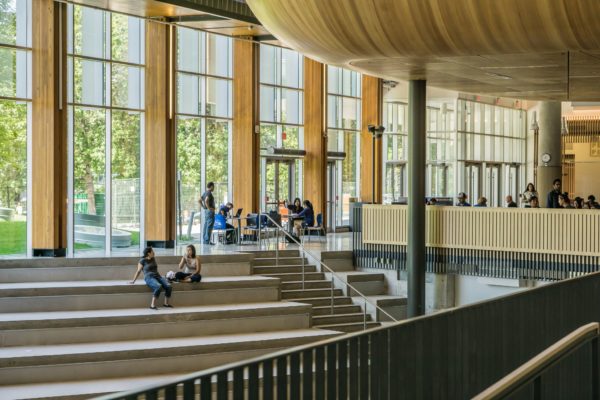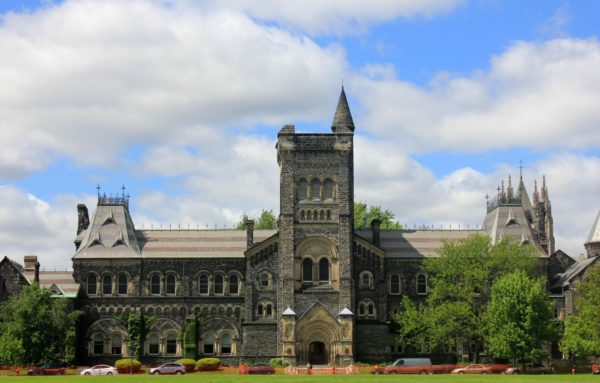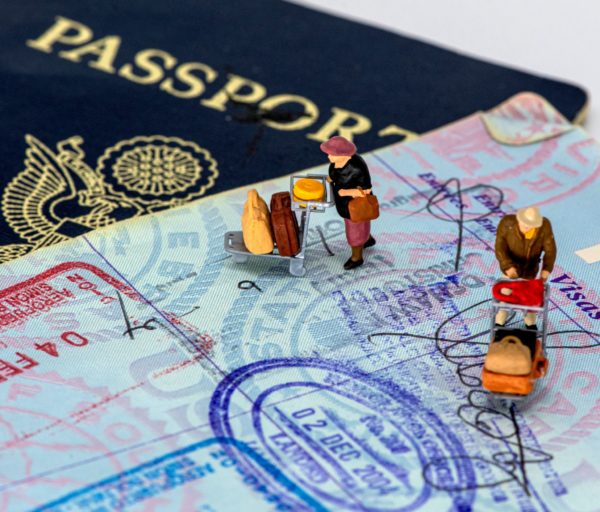Canada has emerged as one of the top global ed destinations with the most reputed universities and the quality of education that they offer. Today Canada has a few of the world’s best universities and educational institutions that offer a great education along with the right platform for path-breaking research and excellent research opportunities.
This global ed destination today hosts almost half a million international students and has one of the best education systems around the world. The other top reasons that make Canada the favourite destination for higher education by Indian students are the adventures that await international students in Canada and the quality of living.
From climate to culture to the way of life that you see in Canada is something that is beyond compare and very much unique to this beautiful land. Canada is one of the most welcoming and culturally diverse countries which will immerse you into the local culture in a way that best suits your personality. A high standard of living, and the best healthcare sector are a few other factors that make Canada the best choice.
High-quality education with a relatively low cost of living globally recognised degrees, and availability of better career opportunities after studies are a few other reasons that attract the international student community to Canada.
This second-largest country in the world is an endless source of natural beauty with a surface area that is 14 times larger than that of France; the country is also home to a magnificent landscape and most scenic places like Niagara Falls in Ontario, Lake Louise in Alberta, Jasper National Park in Alberta and Whistler Mountain in British Columbia.
So, it will not be surprising if you are an international student looking forward to studying in Canada, which is a complete package of everything that is the best. If you are confused about where to start your global ed journey and the criteria you should follow while applying to a university in Canada, then we are here to help guide you through every step.
Here we explore how to apply to a university in Canada in 2022.
















